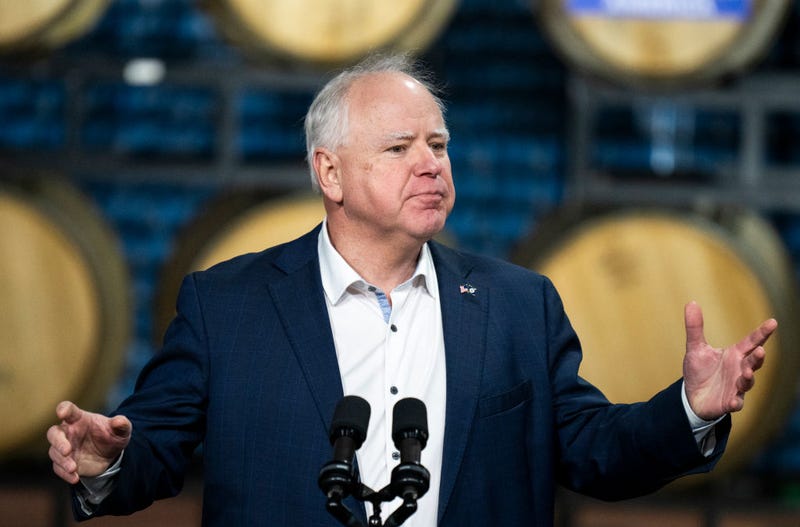
Minnesota lawmakers head back to work next Monday as the 2024 Legislative Session gets underway.
In this installment of WCCO In Depth, Susie Jones has a look at what's likely to happen.
After last year's fast-paced, whirlwind session which included legalizing recreational marijuana for adults, expanding background checks for guns and free meals for students, this year's session is expected to be somewhat lowkey
But still, the Democrats are still in control of the house, senate and governorship which gives them an opportunity to work on their initiatives without Republican support. In most cases. Not all.
Twin Cities Public television political reporter Mary LaHammer says traditionally, in even-year sessions, lawmakers work on a bonding bill for projects around the state.
"Being that they passed a bonding bill of a record size, over $2 billion last year, I don't know if Democrats can get Republican votes," says LaHammer. "Because that is the only bill of session that they need bipartisan super majority. So we'll see what happens on a bonding bill."
Legislators are sure to have their own ideas about what should be in a bonding bill. The state constitution requires 60% supermajorities in both the House and Senate to approve taking on more debt.
Governor Tim Walz (DFL) has proposed a $982 million public infrastructure plan that includes a new headquarters for the Minnesota State Patrol but focuses mostly on the unglamorous task of preserving existing buildings and facilities.
The package, known as a bonding bill, will be a centerpiece of the governor’s agenda for the 2024 legislative session, which convenes February 12. Bonding bills are typically a main focus of sessions in even-numbered years because those are when the two-year state budget is set.
The lead Senate Republican on capital investment issues, Karin Housley, of Stillwater, said in a statement that she was concerned that the governor’s proposal doesn’t contain enough money for local needs. She also signaled her priorities include wastewater treatment and crumbling roads.
LaHammer says some of the other issues that will likely come up again for debate are the sports betting bill, an end of life bill, and an equal rights bill.
See all of WCCO's In-Depth stories here.
